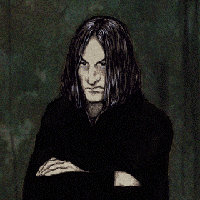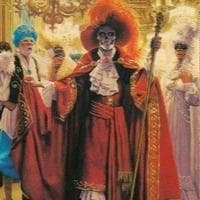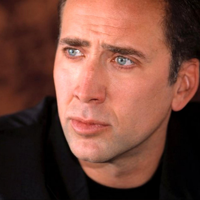Hamlet MBTI Personality Type
Personality
What personality type is Hamlet? Hamlet is an INTJ personality type in MBTI, 4w5 - sp/sx - 451 in Enneagram, RLOEI in Big 5, EIE in Socionics.
Hamlet appears like an INFP for most of the play because he’s in an Ni-Fi loop. Just like all other types, INTJs will loop whenever they are faced with tragedy and/or shocking events (his father died AND he’s being told that his uncle is a murderer). Ni-doms in general can often appear indecisive (remember Ni is a perceiving function!!) especially when unhealthy/looping. However, whenever he’s functional, Hamlet is phenomenal at coming up with backup plans and knows exactly what others intentions are; he’s not easy to trick and has no problem calling people out whenever they think they can manipulate him, like when he confronted R&G because he just *knew* they were sent by Claudius (Ni-Te): “you can’t play this flute but you thought you could play me” (come on, only an INTJ would say that!). Oh and by the way, the very fact that Hamlet is slow to act on his well thought-out and planned intuitions literally proves inferior Se (NOT inferior Te!!); his Ni suppresses this function by trying to look at the bigger picture by weighing the consequences and capturing potential loopholes (the thought process of INTJs). Questions: 1) How can Hamlet be an Ne-user if he’s vision-oriented and can see right through others’ intentions? 2) How can Hamlet have inferior Te if he excels at planning and getting himself out of potential danger in a rational and methodological manner?
Biography
The prince of Denmark, nephew of the reigning king and son of the reigning king, since he married Hamlet's mother only two months after his blood father's death. That incestuous mess would be hard enough for Ham, but before he can even decide whether to be or not, the ghost of his dad pops up and convinces him that Uncle-Dad killed Hamlet's real father to take the throne. Filled with rage and urgency, Hamlet must kill the king. But should he? Can he? What would it mean if he did? Is this task worth it? Is anything in life really worth it? Hamlet struggles with these issues indecisively for five acts, soliloquizing, soliciting players, practicing his fencing technique (apparently), insulting his elders, talking to gravediggers, smelling skulls, boarding pirate vessels, and getting into fights with everyone not named Horatio.























